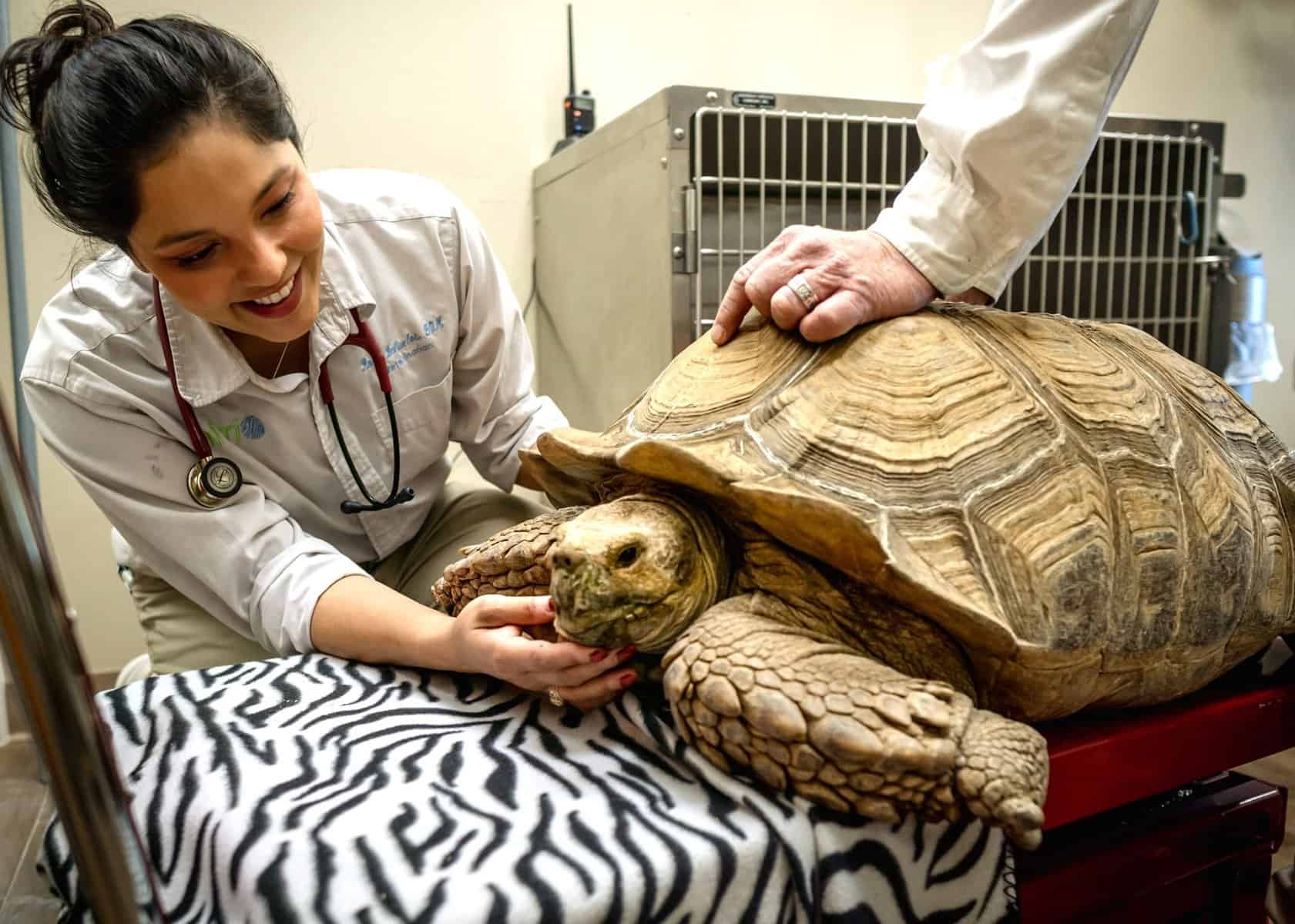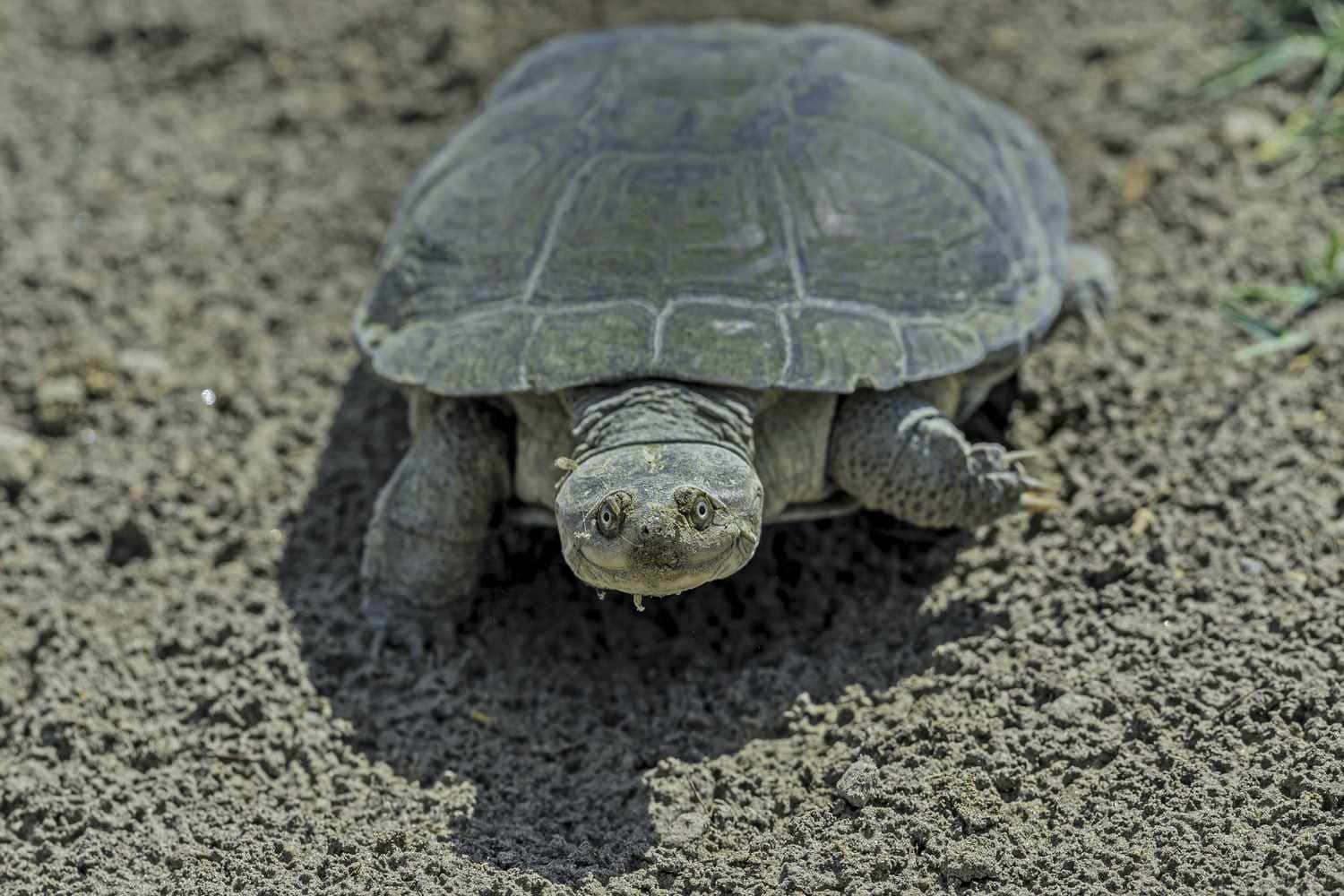Tortoise health depends on a proper diet, appropriate habitat conditions, regular veterinary check-ups, and vigilant observation for signs of illness or distress.
The Ultimate Guide to Keeping Your Tortoise Healthy and Happy
Tortoises, like all animals, are susceptible to a variety of illnesses and health issues. Some of the most common illnesses in tortoises include respiratory infections, shell rot, parasites, and metabolic bone disease.
- Respiratory infections can be caused by a variety of factors, including poor husbandry, inadequate temperature and humidity levels, and stress.
- Shell rot is a common issue in tortoises and is often caused by poor hygiene and unsanitary living conditions.
- Parasites, such as worms and mites, can also affect tortoises and can lead to a range of health problems if left untreated.
- Metabolic bone disease is another common issue in tortoises, often caused by a lack of proper UVB lighting and calcium in their diet.
It’s important for tortoise owners to be aware of these common illnesses and take proactive measures to prevent them.
Tortoises are also prone to eye and ear infections, as well as shell injuries. Eye and ear infections can be caused by poor hygiene, inadequate diet, or environmental stress. Shell injuries can occur from trauma or rough handling, and can lead to serious health issues if not properly treated.
Additionally, tortoises can suffer from vitamin deficiencies, which can lead to a range of health problems. It’s important for tortoise owners to be vigilant about their pet’s health and seek veterinary care at the first sign of illness or injury.
Signs and Symptoms of Illness in Tortoises
Recognizing the signs and symptoms of illness in tortoises is crucial for their well-being. Some common signs of illness in tortoises include lethargy, loss of appetite, abnormal feces, wheezing or labored breathing, swollen eyes or ears, and shell abnormalities.
Lethargy and loss of appetite are often the first signs that something is wrong with a tortoise. If a tortoise is not eating or moving as much as usual, it’s important to monitor them closely and seek veterinary care if the symptoms persist.
Abnormal feces, such as diarrhea or blood in the stool, can indicate a range of health issues, including parasites or digestive problems. Wheezing or labored breathing can be a sign of respiratory infection, while swollen eyes or ears can indicate an infection or injury. Shell abnormalities, such as soft spots or discoloration, can be a sign of shell rot or metabolic bone disease.
In addition to these physical symptoms, changes in behavior can also indicate illness in tortoises. Aggression, excessive hiding, or unusual vocalizations can all be signs that a tortoise is not feeling well. It’s important for tortoise owners to be observant and proactive in monitoring their pet’s health, as early intervention can make a big difference in the outcome of an illness.
Preventative Measures for Tortoise Health
Preventing illness in tortoises is key to their overall health and well-being. There are several preventative measures that tortoise owners can take to keep their pets healthy. First and foremost, providing a clean and suitable living environment is essential for preventing illness in tortoises. This includes maintaining proper temperature and humidity levels, providing adequate UVB lighting, and ensuring that the enclosure is clean and free from potential hazards.
Proper nutrition is also crucial for preventing illness in tortoises. A balanced diet that includes a variety of leafy greens, vegetables, and occasional fruits is essential for meeting a tortoise’s nutritional needs. Additionally, providing access to fresh water at all times is important for preventing dehydration and related health issues.
Regular veterinary check-ups are another important preventative measure for tortoise health. A veterinarian who specializes in reptile care can provide valuable guidance on proper husbandry and nutrition, as well as perform routine health checks to catch any potential issues early on. Finally, minimizing stress and providing enrichment for tortoises can help prevent illness by promoting overall well-being. This can include providing hiding spots, climbing structures, and opportunities for exercise and mental stimulation.
Finding a Reputable Veterinarian for Tortoises
Finding a reputable veterinarian who specializes in reptile care is essential for the health and well-being of tortoises. Not all veterinarians have experience or expertise in treating reptiles, so it’s important for tortoise owners to do their research and find a vet who is knowledgeable about the specific needs of these animals. One way to find a reputable veterinarian for tortoises is to ask for recommendations from other reptile owners or breeders in the area. Word-of-mouth referrals can be a valuable resource for finding a vet who has experience with tortoises and other reptiles.
Another way to find a reputable veterinarian for tortoises is to contact local exotic animal clinics or reptile rescue organizations for recommendations. These organizations often work closely with veterinarians who specialize in reptile care and can provide valuable insights into the best options in the area. Additionally, many veterinary schools have exotic animal medicine programs that may have faculty or students with expertise in reptile care. It’s important for tortoise owners to take the time to find a vet who they trust and feel comfortable with, as regular veterinary care is essential for the long-term health of their pet.
Veterinary Care for Tortoises
Regular veterinary care is essential for maintaining the health and well-being of tortoises. A veterinarian who specializes in reptile care can provide valuable guidance on proper husbandry, nutrition, and preventative measures to keep tortoises healthy. In addition to routine check-ups, veterinary care for tortoises may also include diagnostic testing, such as blood work or fecal exams, to monitor their overall health. If an illness or injury does occur, prompt veterinary care is crucial for ensuring the best possible outcome.
In addition to medical care, veterinarians who specialize in reptile care can also provide valuable guidance on behavioral issues and enrichment for tortoises. This can include recommendations for creating a suitable living environment, as well as providing opportunities for exercise and mental stimulation. Regular veterinary care is an important aspect of responsible pet ownership and can make a big difference in the overall health and well-being of tortoises.
Nutritional Needs for Healthy Tortoises
Proper nutrition is crucial for maintaining the health and well-being of tortoises. A balanced diet that meets their specific nutritional needs is essential for preventing illness and promoting overall wellness. Tortoises are herbivores and require a diet that is high in fiber and low in protein and fat.
Leafy greens such as dandelion greens, collard greens, and mustard greens should make up the bulk of their diet, along with a variety of other vegetables such as squash, bell peppers, and carrots. Occasional fruits such as strawberries or melon can also be offered as treats.
In addition to fresh produce, providing access to calcium supplements and cuttlebone is important for meeting a tortoise’s nutritional needs. Calcium is essential for maintaining strong bones and shell health in tortoises, so it’s important to ensure that they are getting enough in their diet. UVB lighting is also crucial for proper calcium metabolism in tortoises, as it helps them produce vitamin D3 which is necessary for absorbing calcium from their diet. It’s important for tortoise owners to be mindful of their pet’s nutritional needs and provide a balanced diet that meets these requirements.
Exercise and Enrichment for Tortoise Wellness
Exercise and enrichment are important aspects of maintaining the overall wellness of tortoises. While they may not be as active as some other pets, providing opportunities for exercise and mental stimulation is important for promoting their well-being. This can include providing climbing structures, hiding spots, and opportunities for exploration within their enclosure. Additionally, allowing tortoises access to outdoor enclosures when weather permits can provide valuable opportunities for exercise and exposure to natural sunlight.
In addition to physical exercise, mental stimulation is also important for promoting overall wellness in tortoises. This can include providing opportunities for foraging behavior by hiding food within their enclosure or offering puzzle feeders that require them to work for their food. Providing opportunities for social interaction with other tortoises or with their human caretakers can also provide valuable mental stimulation.
Overall, exercise and enrichment are important aspects of maintaining the overall wellness of tortoises. By providing opportunities for physical activity and mental stimulation, tortoise owners can help promote their pet’s well-being and prevent boredom or stress-related issues.



